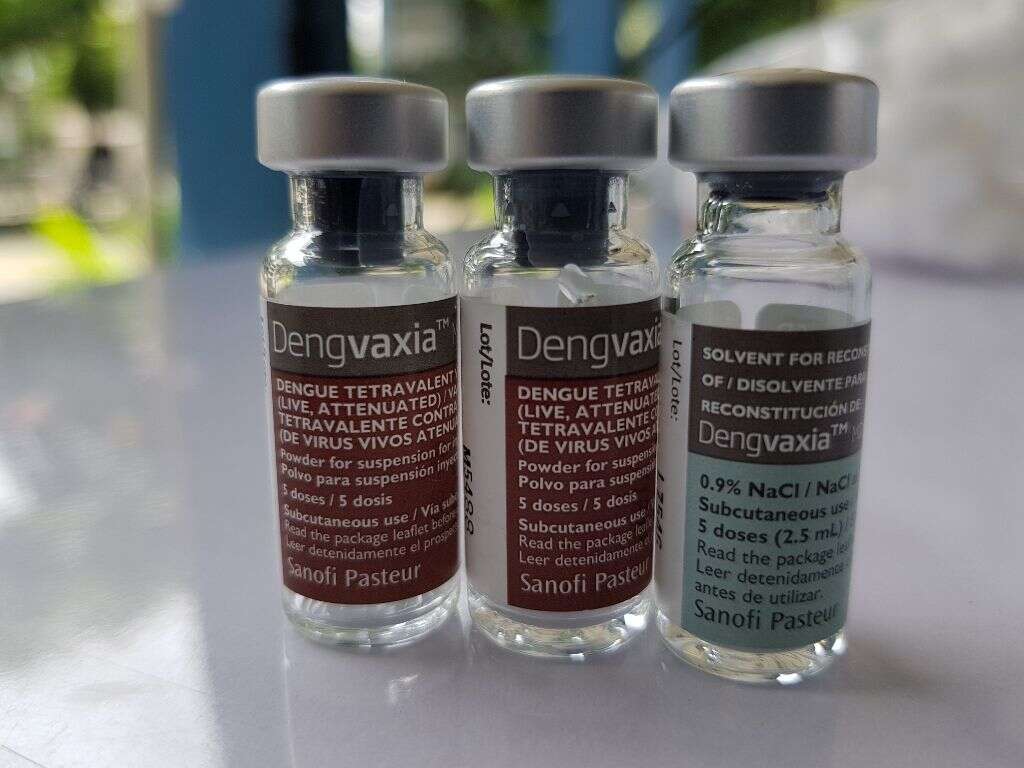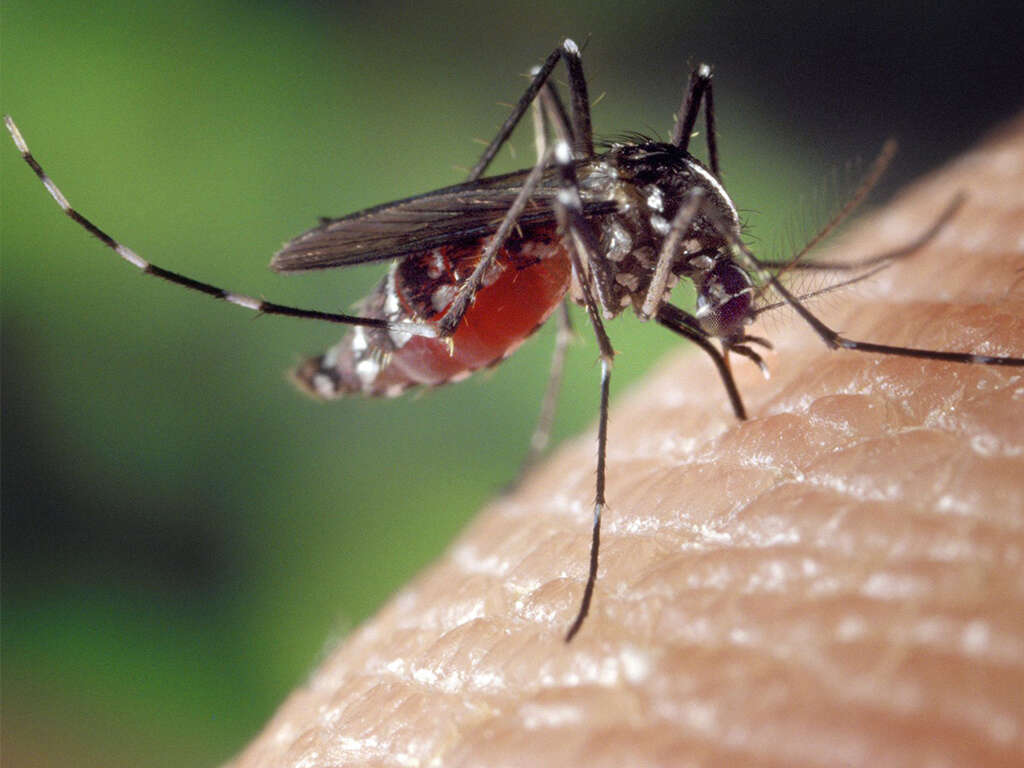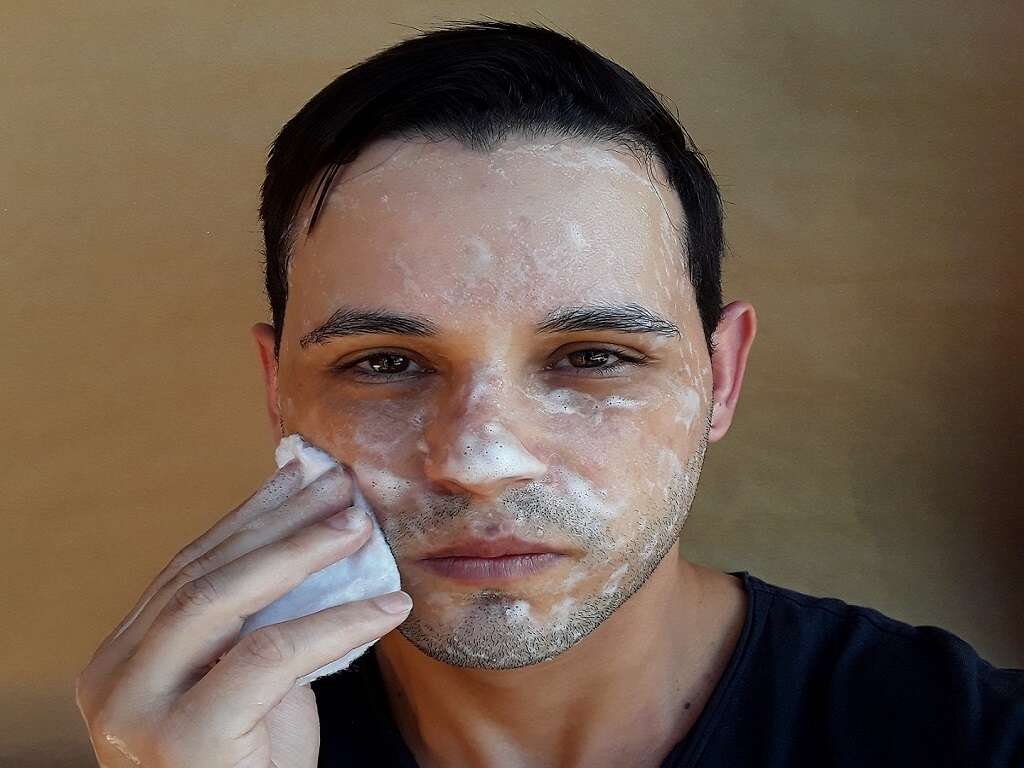What Is Dengue Fever?
Most people have encountered mosquitos, even if it is only when travelling or on vacation. They are notorious for causing itchy bites and they are also very common, meaning bites are also going to be common. Although they can be very itchy, mosquito bites are usually quite harmless. This is not always the case, however.
Mosquito bites are sometimes responsible for spreading diseases. Indeed, diseases from mosquito bites are among the biggest killers of people throughout history. There are a handful of diseases that are spread by mosquitos, one of which is dengue fever. Here, we take a closer look at the disease, and the impact it can have on its victims.
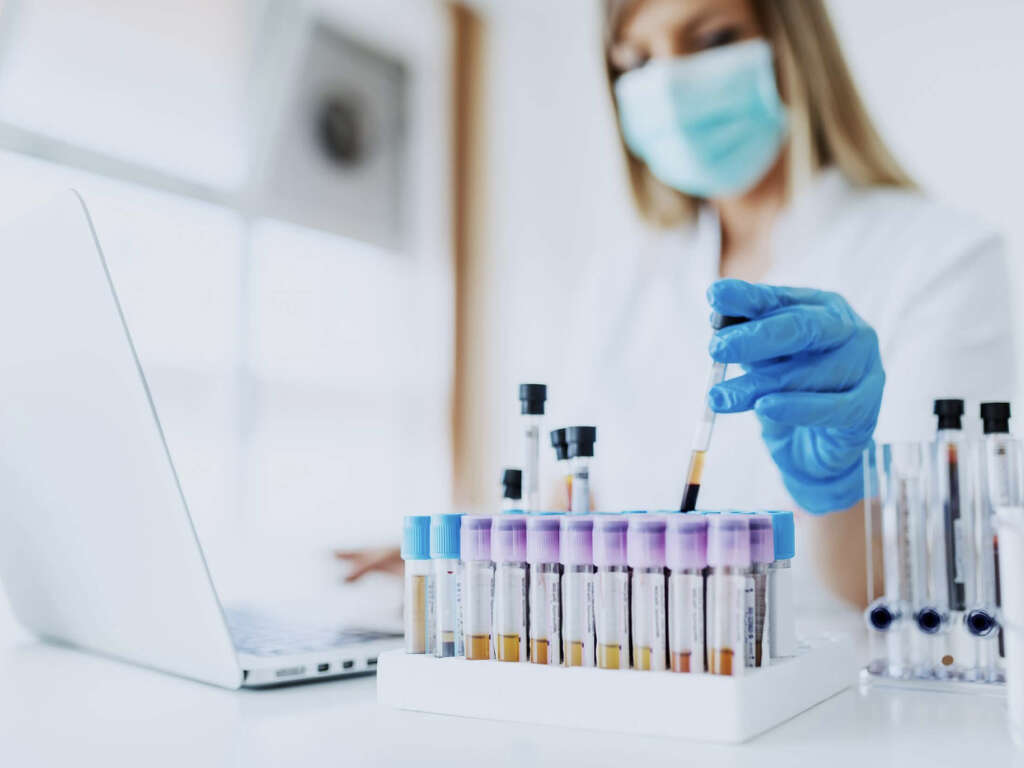
1. Dengue Fever
Dengue fever is a disease that sees millions of cases reported every year. It is most commonly found in the Western Pacific Islands and in Southeast Asia, although it is also becoming more common in the Caribbean and in Latin America. In most cases, the disease is only relatively mild even if it can cause some rather unwelcome symptoms.
There is also a severe form of dengue fever, however, which is known as dengue hemorrhagic fever. This is a condition that is very dangerous and may pose a very real threat to the patient’s life. There is no known vaccine or cure, but treatment is necessary that can help in most cases.
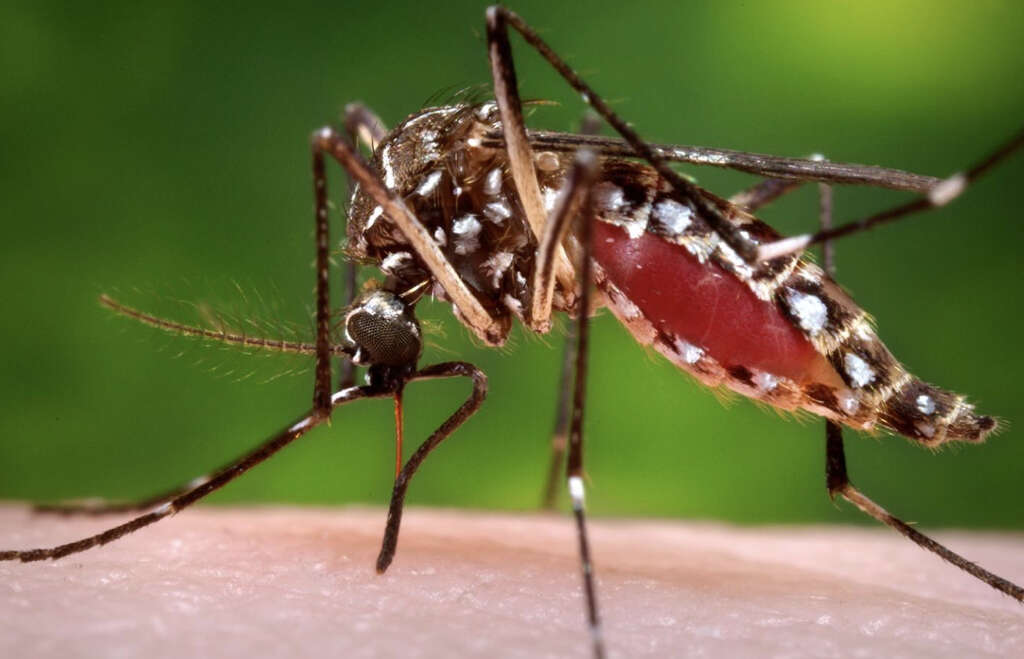
2. Causes
Dengue fever is caused by a virus in the genus flavivirus, and there are 5 known serotypes of the virus. The virus is spread when a mosquito feeds from an infected person, potentially causing them to become infected also. When the same mosquito then goes on to bite another person, the disease can be transmitted to that person.
Dengue fever is caused by any one of four types of dengue viruses spread by mosquitoes that thrive in and near human lodgings. When a mosquito bites a person infected with a dengue virus, the virus infects the mosquito. When the infected mosquito then bites another person, the virus enters that person’s bloodstream.
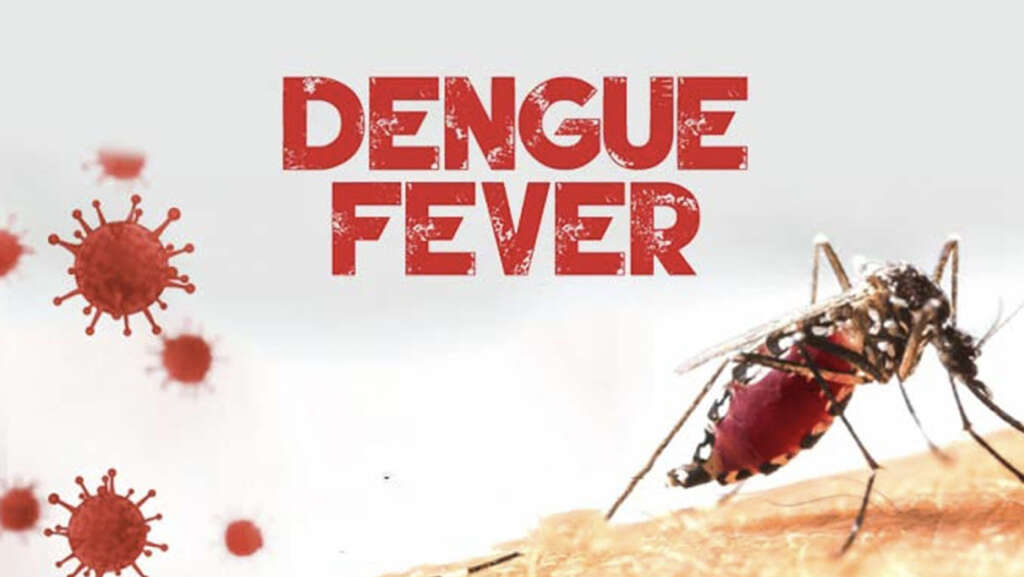
3. Symptoms
Many people who have dengue fever will show no symptoms of the disease; this is especially the case in children. If symptoms do show, it will usually be within 7 days after being infected. Perhaps the most typical symptom of dengue fever is a high fever, which will often be around 104 F.
Other potential symptoms of dengue fever include aches and pains in the bones, joints, and muscles. The patient may also develop a headache, and they can also develop pain behind their eyes. Nausea and vomiting are also potential symptoms and swollen glands can also develop. Some patients will also develop a rash.

4. Dengue Hemorrhagic Fever
The vast majority of people will make a full recovery – even without medication. In some cases, however, the disease can progress to dengue hemorrhagic fever. The patient’s platelet count will fall, meaning their blood cannot clot well. Their blood vessels can also become damaged, allowing blood to seep out.
Symptoms of the condition include continual vomiting and severe pain in the abdomen. The patient may also have blood in their stools, urine, and vomit, and they can also easily bleed from their nose and gums. The patient can also become restless and they can also become very fatigued. Their skin can become cold and clammy, while they can also develop breathing problems.
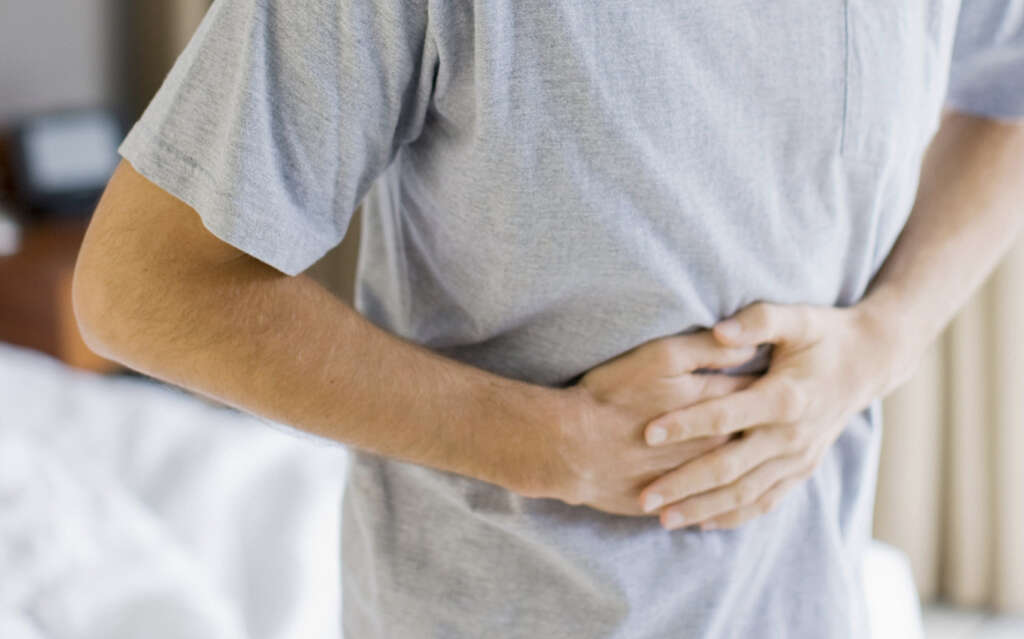
5. Complications
Severe cases of dengue fever can cause considerable damage to the patient’s organs. Their heart can stop pumping, their liver and kidneys can stop filtering out toxins, and their lungs can stop functioning. In such cases, the patient will need intensive care if they are to have any chance of surviving.
Dengue hemorrhagic fever can also cause the patient to lose a significant volume of blood internally and externally. This can cause their blood pressure to drop and the patient can also go into shock. The severity of the complications will sometimes cause the patient to lose their lives.

6. Who’s At Risk?
Anybody that is exposed to the mosquitos that spread dengue fever can fall ill to the disease. This means that people living in certain parts of the world are in a higher risk group. People who live in cooler climates where the mosquitos are not found are very unlikely to catch it, unless they go travelling to a warmer part of the world.
People are also more prone to the disease if they live in rural areas with a lot of standing water. This is because standing water is an ideal breeding ground for mosquitoes. If somebody has already had dengue fever then they can catch it again. If they do, the symptoms are more likely to be serious.

7. Prevention
A vaccine is available for dengue fever, but it is not particularly effective, and it is not recommended for children under 9 years old. However, there are other steps people can take to help ensure they keep themselves as safe as possible from the disease.
One way to help keep safe from dengue fever is to try and wear long, loose clothing to help prevent bites. It is also a good idea to try and avoid being outside at dusk and dawn, which is when the mosquitos responsible are at their most active. You should also use insect repellent, and you should also use a mosquito net if you are getting bitten while sleeping.
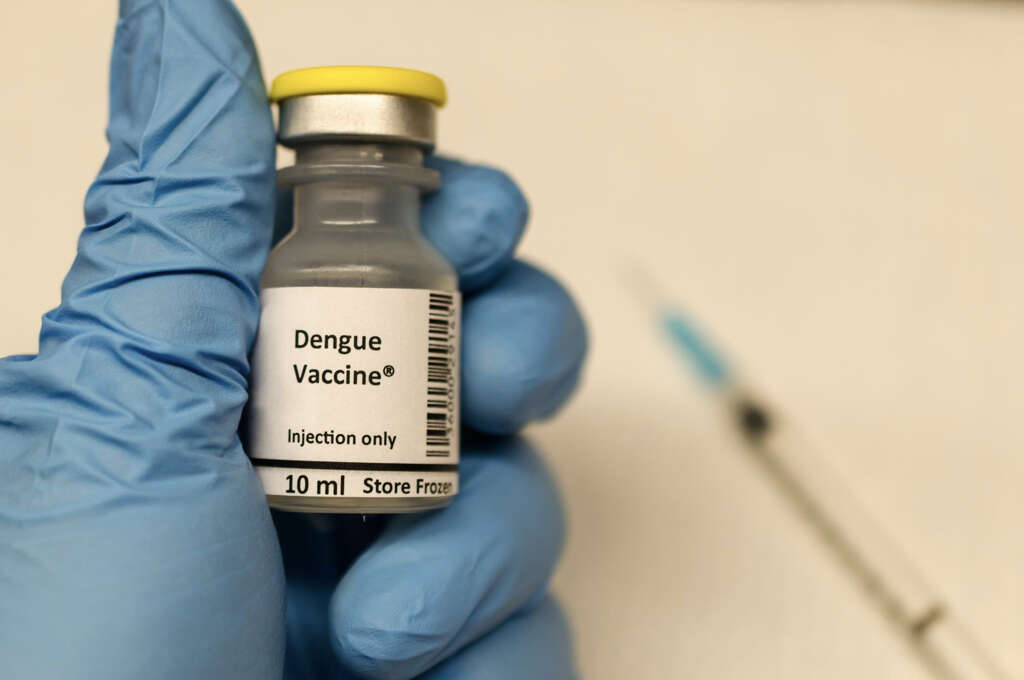
8. Diagnosis
Dengue fever shares symptoms with a lot of other diseases, and this makes it harder to diagnose. Your doctor will need to ask you about your symptoms and depending on where you live they may also need to ask if you have been travelling recently. They will also need to perform a brief physical exam.
In order to get a diagnosis, a blood sample will need to be taken for examination. Experts can use the sample to look for signs of the virus. The samples can also be used to help look for other diseases so they can be eliminated.

9. Treatment
There is no cure for dengue fever, and no way to treat it directly. However, the symptoms are usually only relative mild, and the patient will be asked to get plenty of rest, and fluids. The patient’s immune system will usually be strong enough to help them make a full recovery.
However, the patient can still be given medication to help ease the severity of their symptoms. This includes Tylenol, which will help to bring their fever down, and soothe pain. You should always speak with your doctor first about medication because some types can make any bleeding complications worse.

10. Treatment For Severe Cases
Treating severe cases is not as simple as asking the patient to get rest. In severe cases of dengue fever, the patient will need to be admitted into a hospital where they can get all the care that they need and be monitored closely. They will also need to be put on an intravenous drip.
Their blood pressure will also need to be monitored closely and they may need a blood transfusion if they are losing too much blood. The patient will need intensive care until, hopefully, their immune system will allow them to recover. Severe cases of dengue fever will be fatal in some cases.




